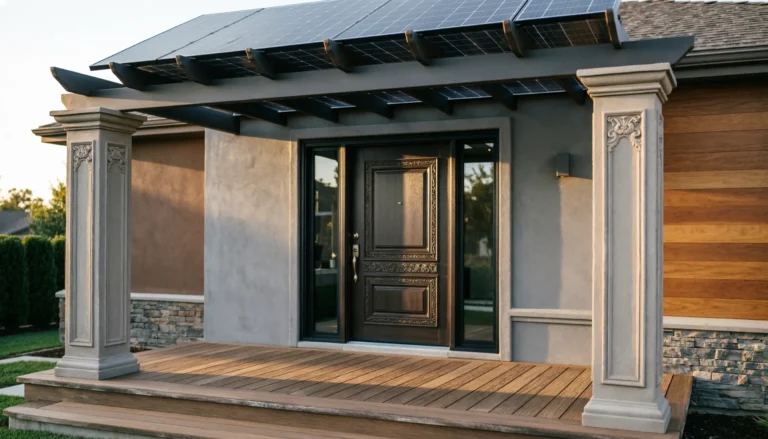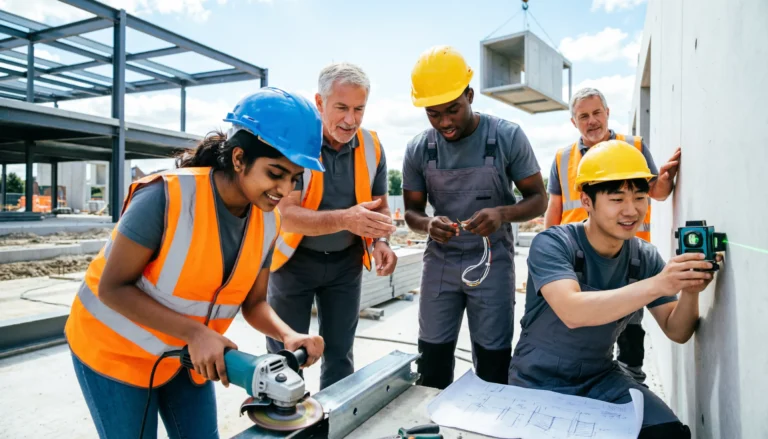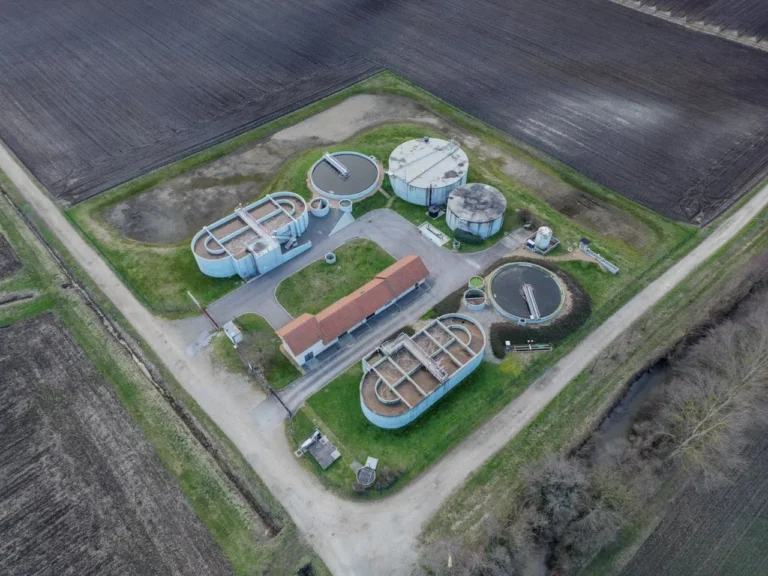
Responsible for the maintenance and operation of more than 2,310 km of network, Eiffage’s motorway concessions in France APRR and AREA have concluded two framework contracts with Eiffage Énergie Systèmes to modernize the video surveillance of toll stations and renovate the power supply of the entire motorway network. In order to limit the carbon footprint due to the many trips to be expected, three of our teams have joined forces to replace the cameras, dividing up the missions according to their geographical location.
Brought together as a group, our experts have five to seven years, according to the terms of the first framework contract, to replace the aging analog cameras at APRR and AREA toll stations with 2,500 latest-generation digital cameras. “Each toll lane is equipped with three types of cameras: a channel camera, which films the entire lane, a document camera, to which users can show a defective badge or even a check in the event of a payment problem, and a camera capable of reading the rear plate of an offending vehicle,” explains Didier Janaudy, department manager. More efficient, the new cameras will offer better image resolution and will significantly facilitate the processing of data recorded by APRR and AREA.
In addition to modernizing the video surveillance cameras, our specialized electricians must also replace the TBGT and generator sets (emergency power supply) of the toll stations, districts and office buildings, or even the basins and pumping stations of the entire APRR and AREA networks. The second framework contract concluded by our experts thus provides for the replacement of six to eight TGBT each year, over a maximum period of four years. “Carried out in four to five weeks by a dedicated team of four electricians, the renovation of each TGBT involves the installation of a temporary device. In order to ensure the continuity of operation of the toll stations, the replacement of each electrical cabinet will require a very precise methodology and phasing of the worksite, as well as significant preparation,” he continues.
Concluded last September, this dual perspective of work spread out over time strengthens cooperation within the Group, while laying the foundations for future collaborations.




